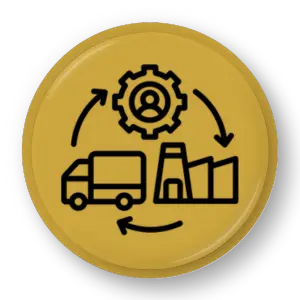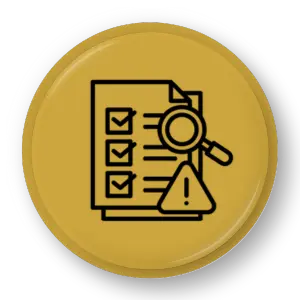About Us
Welcome to Qube Food Consulting Services LLP, your trusted food processing consultancy partner. With a passion for innovation and a commitment to excellence, we specialize in empowering food businesses to thrive in today’s dynamic marketplace.








